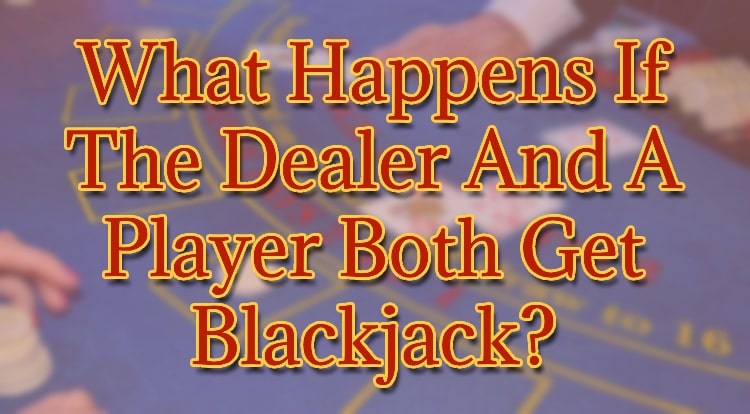
Have you ever sat down at a blackjack table and felt the excitement build as you're dealt an ace and a 10-value card, only to see the dealer reveal their own blackjack? It's a bittersweet moment.
But what happens next? Do you lose, and the house takes it all, or do you get another shot?
This blog post from UK Online Slots, aims to clear up the confusion around this rare but memorable scenario. We'll keep things simple and straightforward, making sure everyone can follow along. If both the player and dealer land that coveted 21, it's called a "push". But what does that mean for your bet? Let's dive in and find out.
Should The Player Take Even Money?
If you're dealt a blackjack and the dealer's showing an ace, you might be offered "even money" in some blackjack games. This means you can choose to take a guaranteed 1:1 payout instead of the usual 3:2 for winning with a blackjack. It's a safe option, but is it the right move?
Choosing even money is like insurance against the dealer also having blackjack. You're guaranteed to walk away with something, but it's worth considering what you're potentially giving up.
Taking even money guarantees that you get your bet back plus the same amount in winnings. However, if you decline and the dealer doesn't end up having a blackjack, you stand to win a bit more (typically a 3:2 payout).
It's a gamble either way, so it comes down to personal preference. If you prefer to walk away with a sure thing in this scenario, then taking even money may be worth it. However, if you don't want to give up the chance for the higher payout and are willing to risk the dealer also having a blackjack, then declining even money may be the way to go.
Consider your options carefully, and always play responsibly. Remember, nothing is guaranteed in blackjack.
Who Wins If You Tie With The Dealer In Blackjack?
So, you and the dealer both show off those gleaming blackjacks. You're probably wondering, "Who comes out on top?" The answer is simple: it's a draw, or in blackjack terms, a "push".
If a push happens, it means the round is a tie. Neither you nor the dealer wins or loses. You get your bet back, but no winnings.
You might feel a bit deflated – after all, a blackjack feels like a moment of triumph. But remember, a push is better than a loss.
The idea behind a push is fairness. You played well and hit blackjack, but so did the dealer. It's only right that the game acknowledges this partial success.
What Happens If You And The Dealer Go Bust?
Going bust in blackjack means your hand's total exceeds 21. But what happens if both you and the dealer overshoot that magic number?
First up, let's remember one of the golden rules of blackjack: players act first. So if you go bust on your turn, then you lose. It's that simple. Your chips are collected, and the game moves on to another player.
Now, suppose it's the dealer's turn, and they also go bust. You might think, "Great, it's a tie". But here's the catch: if you've already busted, the dealer winning or losing doesn't change your game outcome. If you go bust, you're out of that round, no matter what happens next. The dealer's turn does not apply to you.
So, both going bust doesn't lead to a push. The house still holds the advantage because the player has to act first, and if they go bust, then they are out of that round regardless of what happens on the dealer's turn. The dealer's turn only applies to players still in the game.
*All values (Bet Levels, Maximum Wins, etc.) mentioned in relation to this game are subject to change at any time. Game features mentioned may not be available in some jurisdictions.
